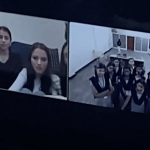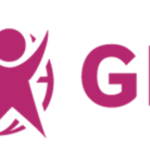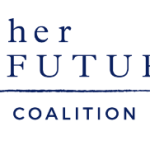
On February 28th, we had a zoom call with some girls in an Aarti home in India. We exchanged recipes with each other, they made dosa and we made peanut butter and jelly sandwiches. The point of this zoom meeting was to share different aspects about ourselves and our daily lives with each other.
Zoë Timms, the founder and executive director of the Women’s Education Project (WEP), set us up with the Aarti Home based in Pradesh, India. Previous to this zoom, we had an interview with Zoë and she told us that these girls may have come from hard situations and that is why they are in the Aarti home.
In the beginning of the call, they started off by preparing dosa, which is a thin pancake and they showed us how they made it and cooked it. Afterwards, we prepared a peanut butter and jelly sandwich to show them an American food. We talked about other foods and what our favorite foods were and we both learned new things about different foods.
Once we finished sharing our recipes, we focused our discussion on sharing about our personal hobbies, interests, and things about our daily lives. It was very fun and interesting to learn about their daily lives, what they like to do, and we talked about common interests. One of the things we talked about was dancing. They performed a very well-choreographed dance for us, and then they asked us to dance, so we did the Macarena and they sang along with us.
We continued talking about our interests such as our favorite movies, tv shows we liked, and what music we liked to listen to. They shared that they love the show Wednesday and liked to listen to BLACKPINK and other K-pop artists. We talked about different sports and hobbies we like such as tennis, basketball, singing, dancing, and playing piano. Since there is a big time difference between here and there, it was about 8pm there so they had to go home. We said our goodbyes and thanked them for talking with us so late. It was really fun to talk with them about things we liked and didn’t like, share recipes and talk about different foods, learn new things about their lives, and share aspects about our lives too.








